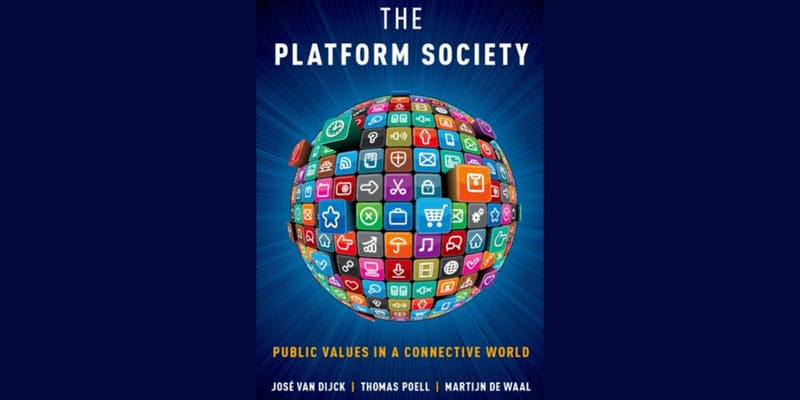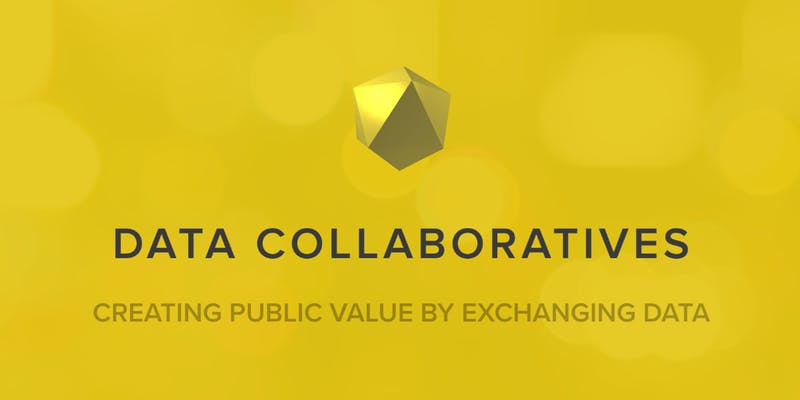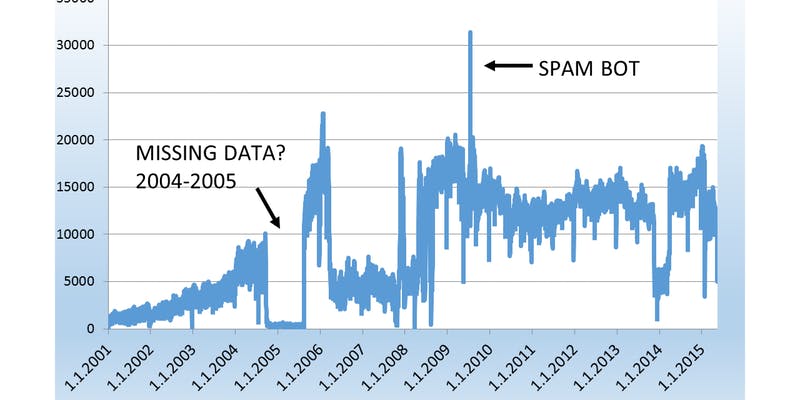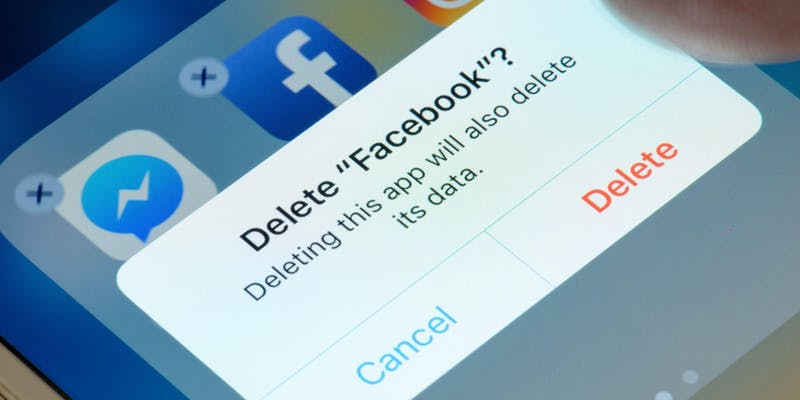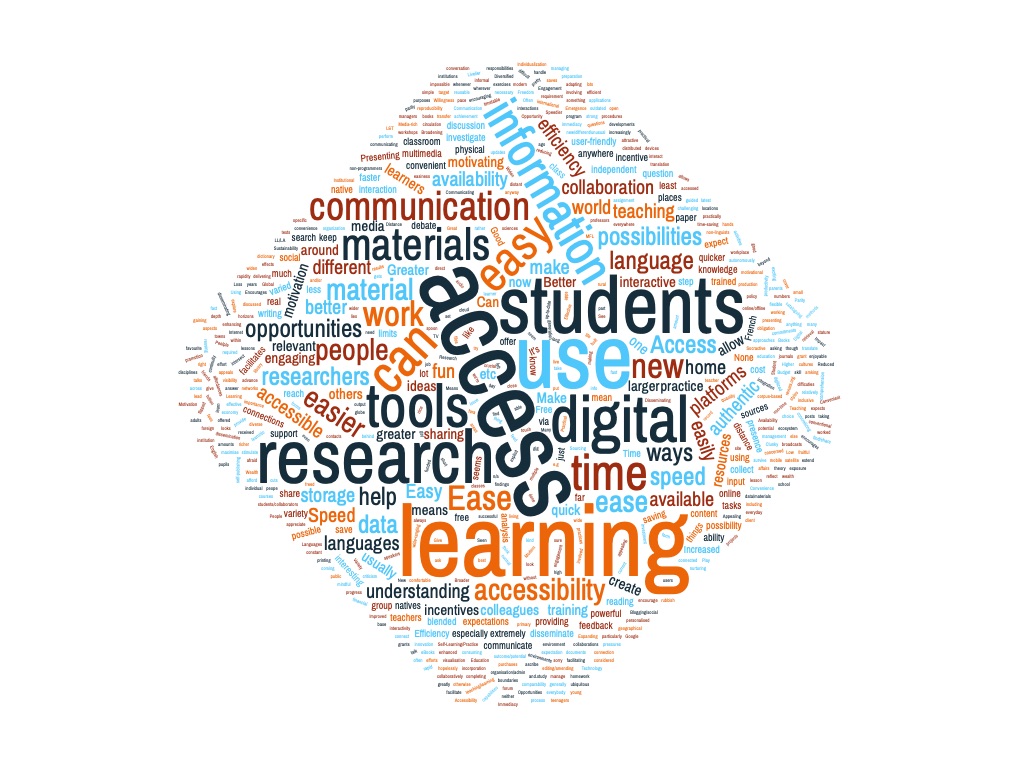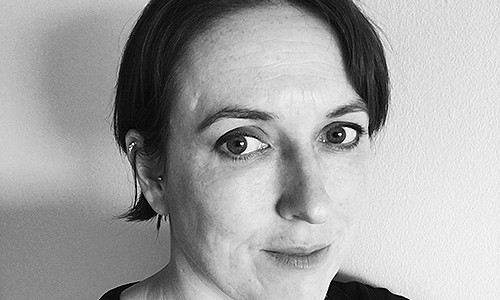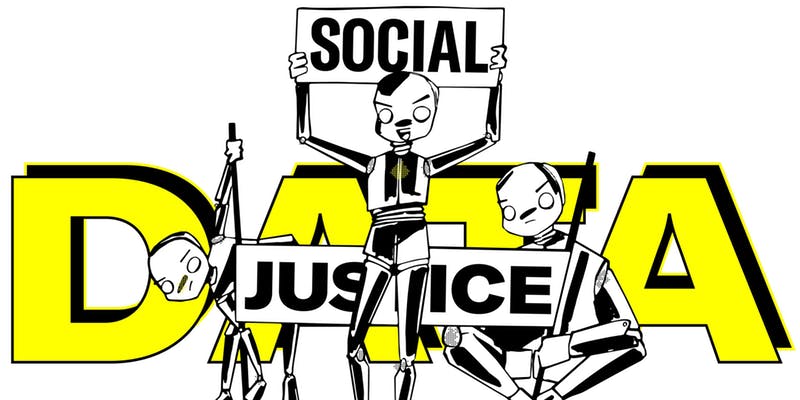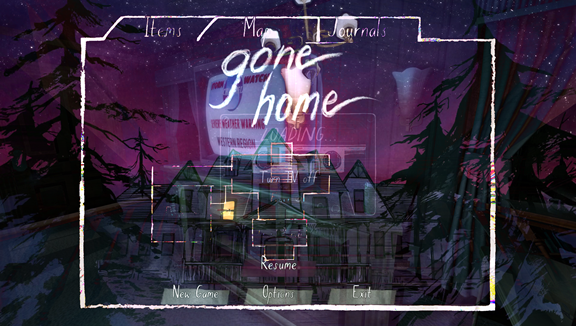[three_fourths] How are online platforms involved in reshaping social, cultural, political and economic relations? How might they be governed and enlisted in the service of public values and the public good? Join us for a public talk with Thomas Poell (University of Amsterdam) about The Platform Society. The Platform Society Individuals all over the world …
Category archives: Event
EVENT | Data Collaboratives: The Emergence of Public-Private Partnerships around Data for Social Good 26.02.19
[three_fourths] What kinds of collaborations and partnerships are emerging around data? Join us for a public talk with Stefaan Verhulst (NYU GovLab), hosted by the Department for Digital Humanities, King’s College London. Data Collaboratives: The Emergence of Public-Private Partnerships around Data for Social Good – Stefaan Verhulst (NYU GovLab) Over the past few years, The …
EVENT | Broken Data and Unexpected Research Questions 13.02.19
[three_fourths] What can be learned when data work does not go as planned? Join us for a public talk with Minna Ruckenstein (University of Helsinki). Broken Data and Unexpected Research Questions – Minna Ruckenstein (University of Helsinki) The concept-metaphor of ‘broken data’ suggests that digital data can be broken, fail to perform, or be in …
Continue reading “EVENT | Broken Data and Unexpected Research Questions 13.02.19”
EVENT | #DeleteFacebook and Facebook’s Bonds 07.02.19
[three_fourths] #DeleteFacebook and Facebook’s Bonds – Tero Karppi (University of Toronto) After the Cambridge Analytica revelations, #DeleteFacebook hashtag became a trend. #DeleteFacebook was the crystallization of the demands to leave the social media site because it was compromising privacy, exploiting user data, and the connections it established could be used to manipulate the current political …
Continue reading “EVENT | #DeleteFacebook and Facebook’s Bonds 07.02.19”
New report published by the Language Acts and Worldmaking project 31.01.19
The Language Acts and Worldmaking project today published a report on ‘Attitudes towards digital culture and technology in the Modern Languages’. The report is based on a survey carried out by the Language Acts and Worldmaking project, one of four projects funded by the Arts and Humanities Research Council (AHRC) as part of its Open …
Continue reading “New report published by the Language Acts and Worldmaking project 31.01.19”
Kate Devlin Judges the 2019 Freedom of Expression Awards
Dr Kate Devlin will be one of the four judges on the 2019 Freedom of Expression Awards. Kate Devlin is a writer and an academic in the department of Digital Humanities in King’s College London where she works on artificial intelligence and human-computer interaction. Her book, Turned On: Science, Sex and Robots, explores intimacy and …
Continue reading “Kate Devlin Judges the 2019 Freedom of Expression Awards”
EVENT | What is love? 14.02.19
[three_fourths] Looking for a great way to spend your Valentine’s evening? Why not join us at the Ri? We’ll discuss personal love stories from around the world, explore what companies learn about you through online dating and discover what the future holds for sexual companion robots. Open to those on first dates, flying solo, catching …
EVENT | Surveillance Capitalism, Governance and Social Justice: Moving beyond Data Centrism 30.01.19
[three_fourths] What is at stake with data politics beyond privacy, security and efficiency? How do data systems reflect broader systems of injustice – and what might this mean for advancing social justice in an age of datafication? Join us for a public talk with Lina Dencik (Cardiff University) on her research about data justice and …
EVENT | Quantum Queerness 29.01.19
[three_fourths] As part of the Early Career Research Talks series, Conor McKeown will discuss his ongoing research project “Quantum Queerness”, currently modestly supported by the AHRI in King’s. The main objective of QQ is to foster an intimate relationship with our other multiple quantum selves. Using a cultural analytics approach I aim to make a …
EVENT | Rethinking the Meaning of ‘Books’ and ‘Authorship’ in the Digital Age 24.01.19
[three_fourths] “Rethinking the Meaning of ‘Books’ and ‘Authorship’ in the Digital Age: The KITAB Project and Its Work on Text ‘Reuse’” – Sarah Savant This lecture focuses on the size of the Arabic tradition (ca. 700-1500), and the likely role that written practices and cultural expectations played in its development. It is arguably the largest …

